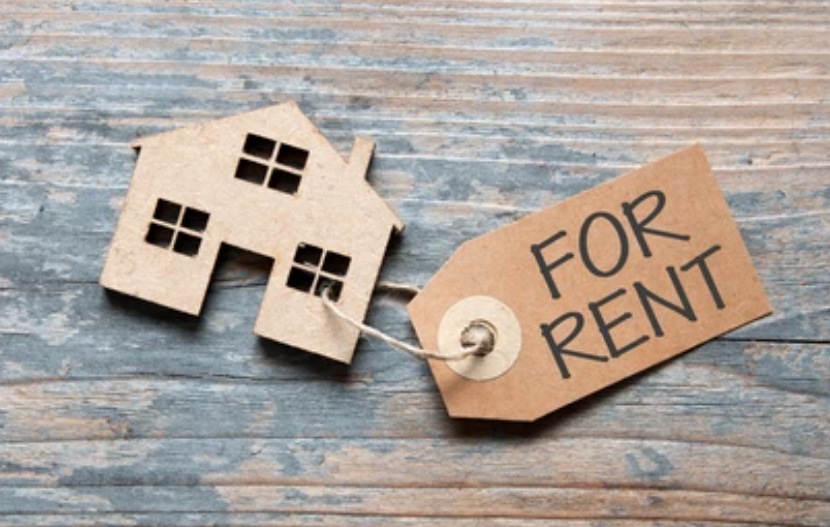Your credit score is a pivotal factor influencing your financial health. It determines your ability to secure loans, mortgages, and credit cards, impacting various aspects of your life. However, numerous factors can contribute to a low credit score, and understanding these reasons is the first step towards improving your financial standing.
7 Reasons for Low Credit Scores
1. Late Payments
One of the most significant contributors to a low credit score is late payments. Your credit history weighs significantly in calculating your score, accounting for about 35% of it. Consistently missing payment due dates negatively impacts your creditworthiness.
2. Defaulting on Payments
When you fail to pay your credit card bill or any other debt, your accounts can fall into default. This non-payment status significantly harms your credit score and financial credibility.
3. Charge-Offs
Accounts that creditors deem unlikely to be repaid might be written off, termed as charge-offs. Once an account is marked as a charge-off, it signals a severe negative impact on your credit score.
4. Collection Accounts
Creditors often engage third-party debt collectors to pursue delinquent debts. When your unpaid debt is handed over to collection agencies, it reflects poorly on your credit report, further denting your credit score.
5. Judgments
Legal actions resulting in a court-mandated debt payment, known as judgments, are detrimental to your credit score. Unpaid judgments can significantly worsen your financial standing.
6. Filing Bankruptcy
For individuals overwhelmed by unmanageable debt, filing for bankruptcy might seem like a last resort. While it offers a way to clear overwhelming debt, it severely impacts your credit score and financial credibility.
7. Foreclosures
Failure to meet mortgage payments can lead to foreclosure, where the mortgage company takes ownership of your home. This legal process not only results in losing your home but also deals a substantial blow to your credit score.
Steps to Improve Your Credit Score
While a low credit score can be daunting, it’s not irreversible. There are steps you can take to rebuild and improve your credit standing:
- Pay Bills Promptly: Ensure timely payments for all bills and debts to prevent late payments from affecting your credit score.
- Clear Outstanding Debts: Work on paying off overdue debts to prevent them from further damaging your credit.
- Communicate with Creditors: Contact creditors or collection agencies to negotiate payment plans or settlements, aiming to resolve outstanding debts.
- Monitor Your Credit Report: Regularly review your credit report for inaccuracies or errors and address them promptly.
- Rebuild Credit History: Apply for a secured credit card or a credit-builder loan to gradually rebuild a positive credit history.
- Seek Financial Counseling: Consider seeking guidance from financial counselors or credit repair professionals to navigate the credit improvement process effectively.
- Exercise Caution with New Credit: Be cautious with new credit applications, as multiple inquiries within a short period can negatively impact your score.
By understanding the factors contributing to a low credit score and taking proactive steps to address them, you can steadily improve your credit standing and pave the way towards a healthier financial future.
All in all, you don’t need flawless credit to get a mortgage. Contact us and we may be able to help you buy the property you had in mind, lower your payment, or get cash out.


